Northeastern grad took a stand against the war in Ukraine and extricated her employees from Russia
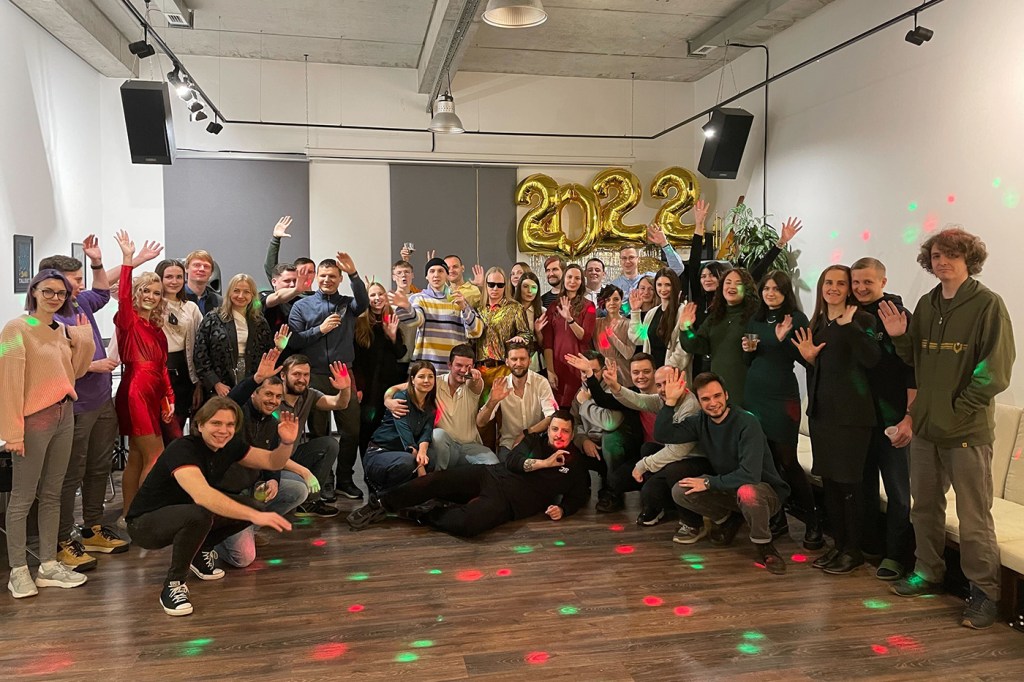
Ten days after Russia attacked Ukraine on Feb. 24, Alexandra Shulova, 23, found herself approaching the Russian border control at Domodedovo Airport near Moscow with one suitcase, carefully cleaned out phone and laptop, and a round-trip ticket to Tbilisi, Georgia.
Dressed in a tracksuit, she tried her hardest to look happy and relaxed like any tourist going on a vacation would. That didn’t help. The border control stopped her and ordered her to a separate room. There she was interrogated for half an hour, answering the same questions again and again.
Q: “Why are you flying to Georgia?”
A: “I have free time and I would like to rest.”
Q: “What are you going to do there?”
A: “I would like to see the mountains. I am a tourist.”
“I wasn’t doing anything bad, but I was still very nervous,” Shulova says.
Finally, she was released and made her flight.
Obviously, the vacation story was a lie. Shulova departed her home country, leaving her parents and her 10-year-old brother behind, to continue working as a quality assurance manager at a software company, JetRockets. She has worked at JetRockets for three years, since her second year in college, and now the company was hastily relocating its employees in Tver, Russia, to Georgia.
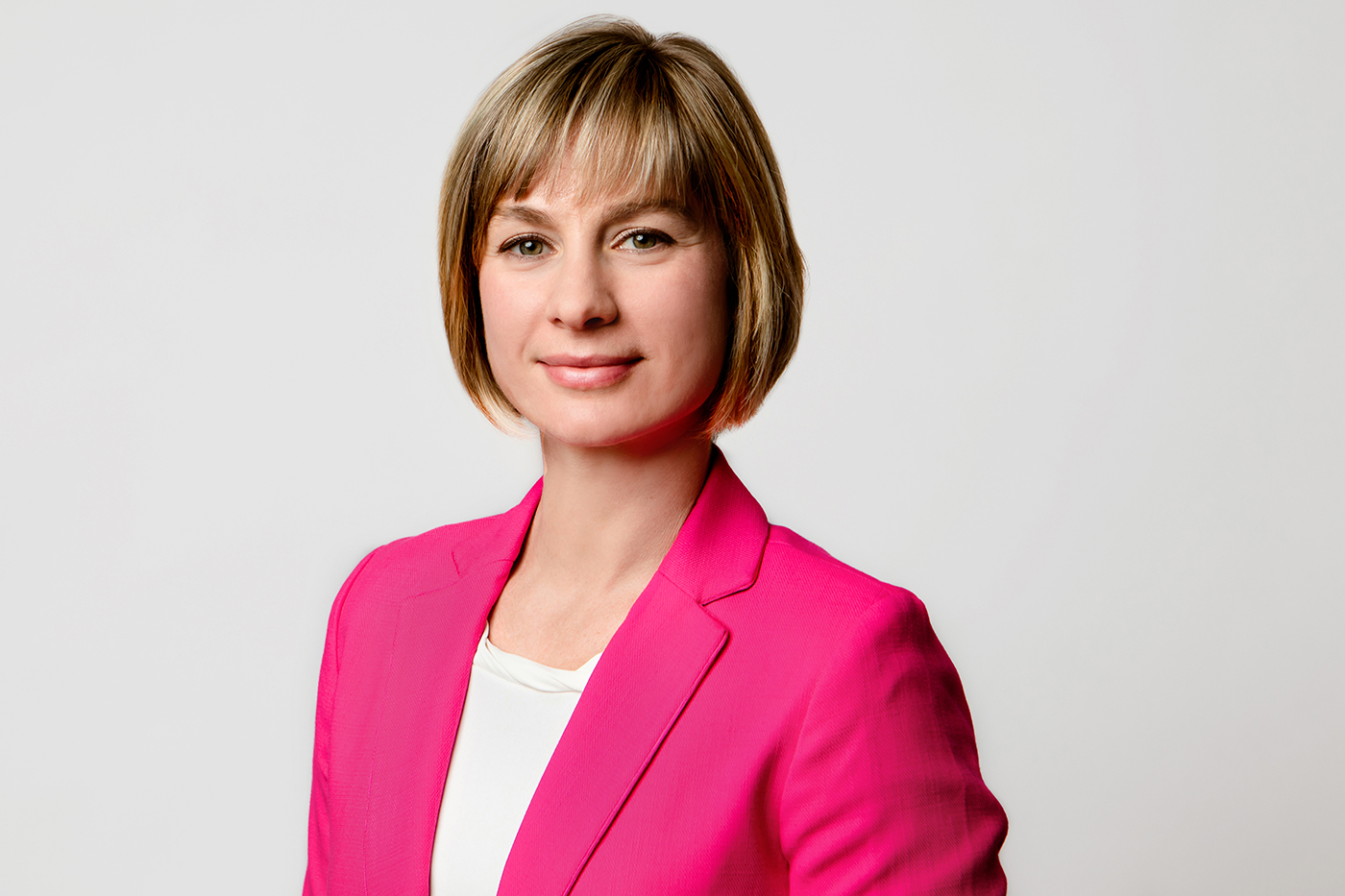
Shulova didn’t know where she was going to sleep that night, but she had a work contract with a business registered in Georgia, which guaranteed her entrance into the country.
While Shulova was in the air, thousands of miles away, in Brooklyn, New York, the owner and CEO of JetRockets, Natalie Kaminski, was looking for AirBnB accommodations in Tbilisi for Shulova and her other seven colleagues, arriving on the same flight.
For Kaminski, it was the time to prove her loyalty to her employees.
“Our employees proved their loyalty to us, because it takes a lot of guts and belief, and loyalty to pack her entire life into a suitcase and get on a plane and go to Tbilisi,” says Kaminski, 42, who graduated from the Northeastern College of Professional Studies in 2006 with a bachelor of science degree in management information systems.
Kaminski was born in Russia, spent her childhood in Ukraine and emigrated to the U.S. by way of Israel.
“I’m a proud owner of a Ukrainian passport,” she says.
In 2009, she met two Russian software engineers from Tver, Igor Alexandrov and Alexey Solilin, and together they formed a freelance crew, with Kaminski bringing in clients and acting simultaneously as a project manager, quality assurance analyst and account manager.
“I never looked for a partner in Russia, it was never my goal to start a company in Russia, it just very serendipitously happened,” Kaminski says.
Their workload grew in the next few years, and they added about eight new people to the team before they realized they were a company. In 2012, they opened JetRockets in Tver, a city of more than 400,000 people located about 112 miles to the northwest of Moscow.
JetRockets specializes in development of custom software, web and mobile applications for health care, travel, fintech, real estate and other industries. It currently has more than 70 employees and continues to grow, Kaminski says, generating $5 million to $10 million in revenue. The company works with non-Russian clients only, Kaminski says.
Kaminski and her co-founders chose Tver for their business because they wanted to create an organization with Western, democratic values and give an opportunity to software engineers who didn’t want to move to Moscow or St. Petersburg to have a great career in IT, she says.
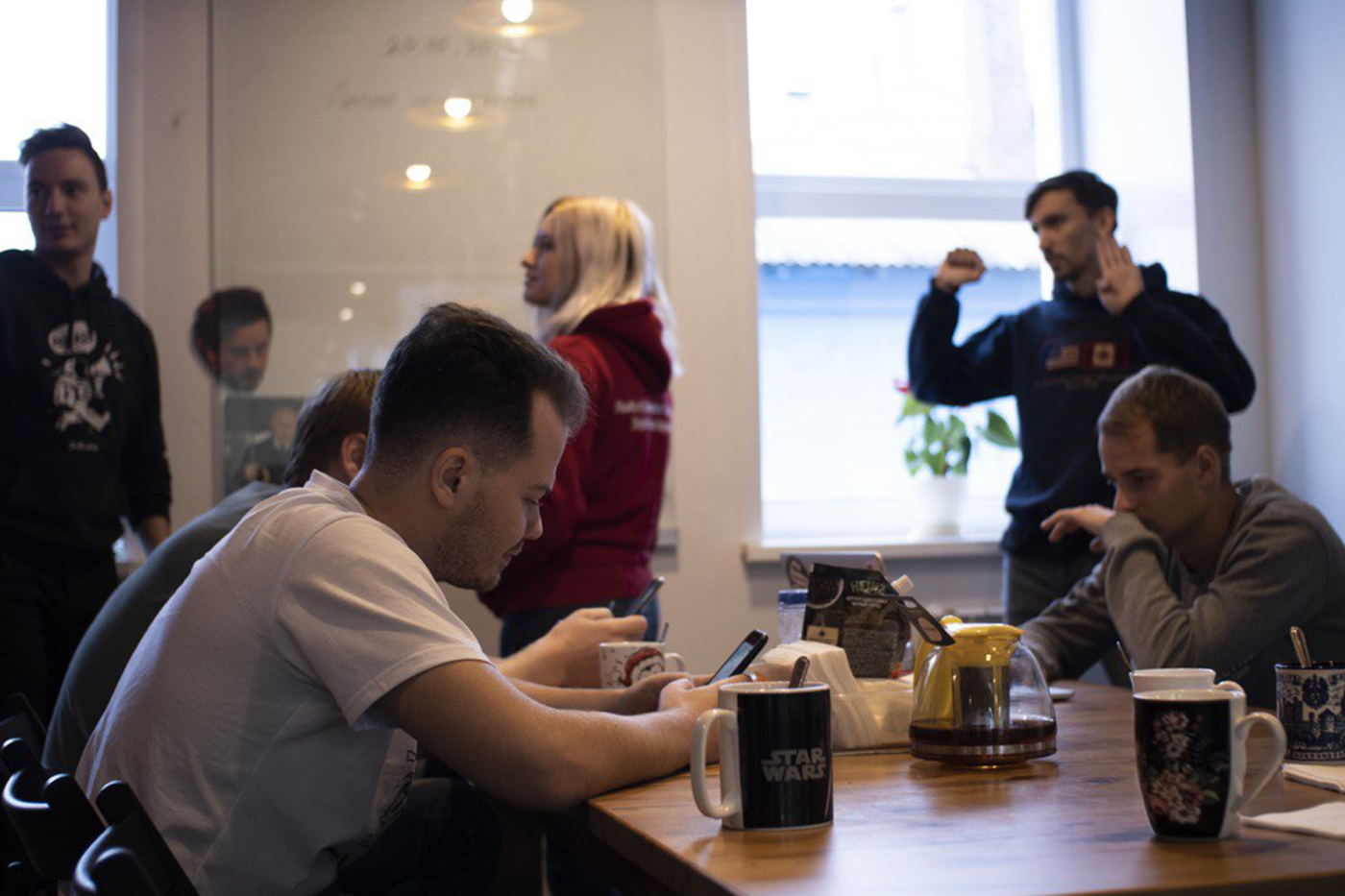
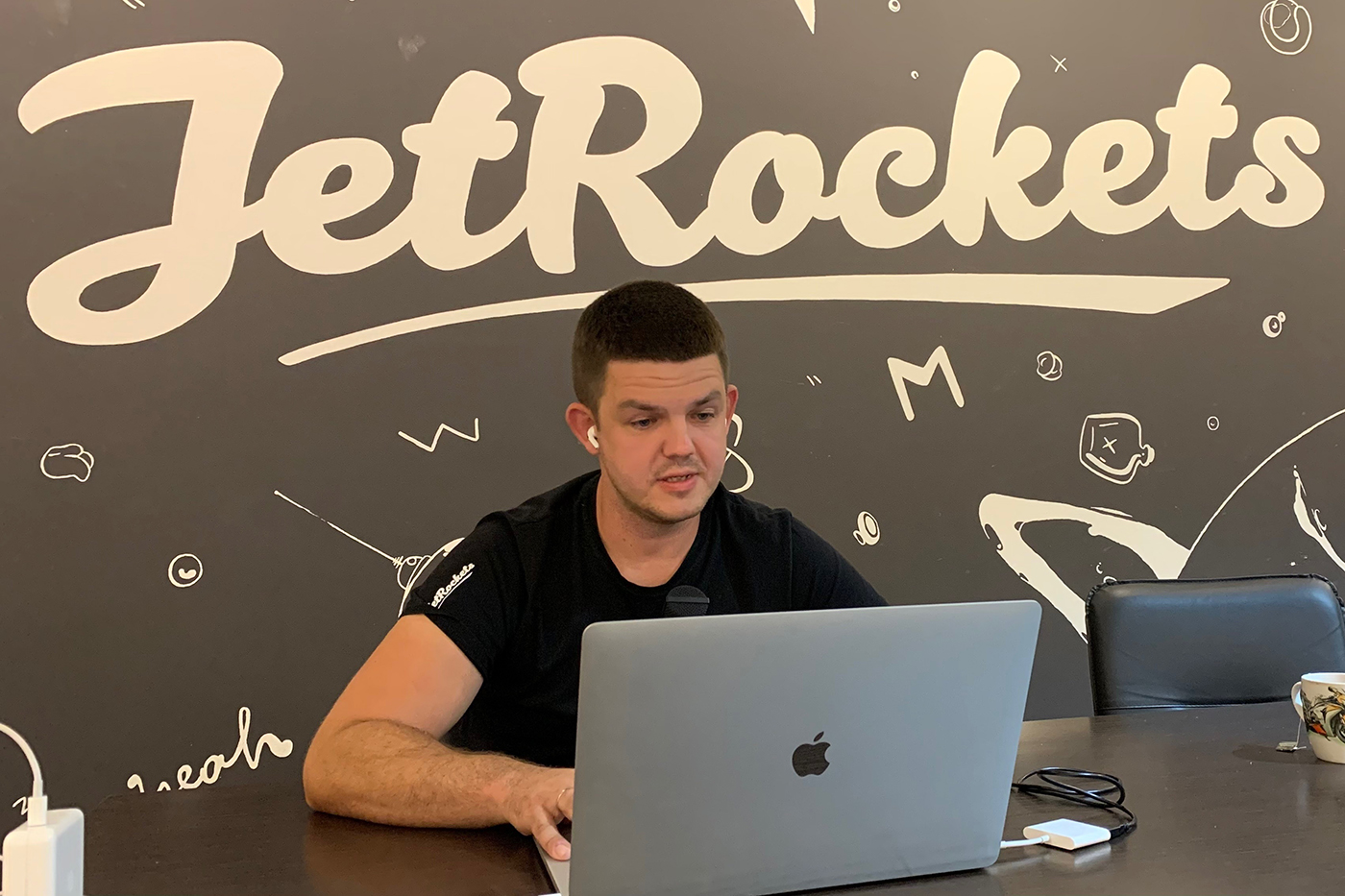
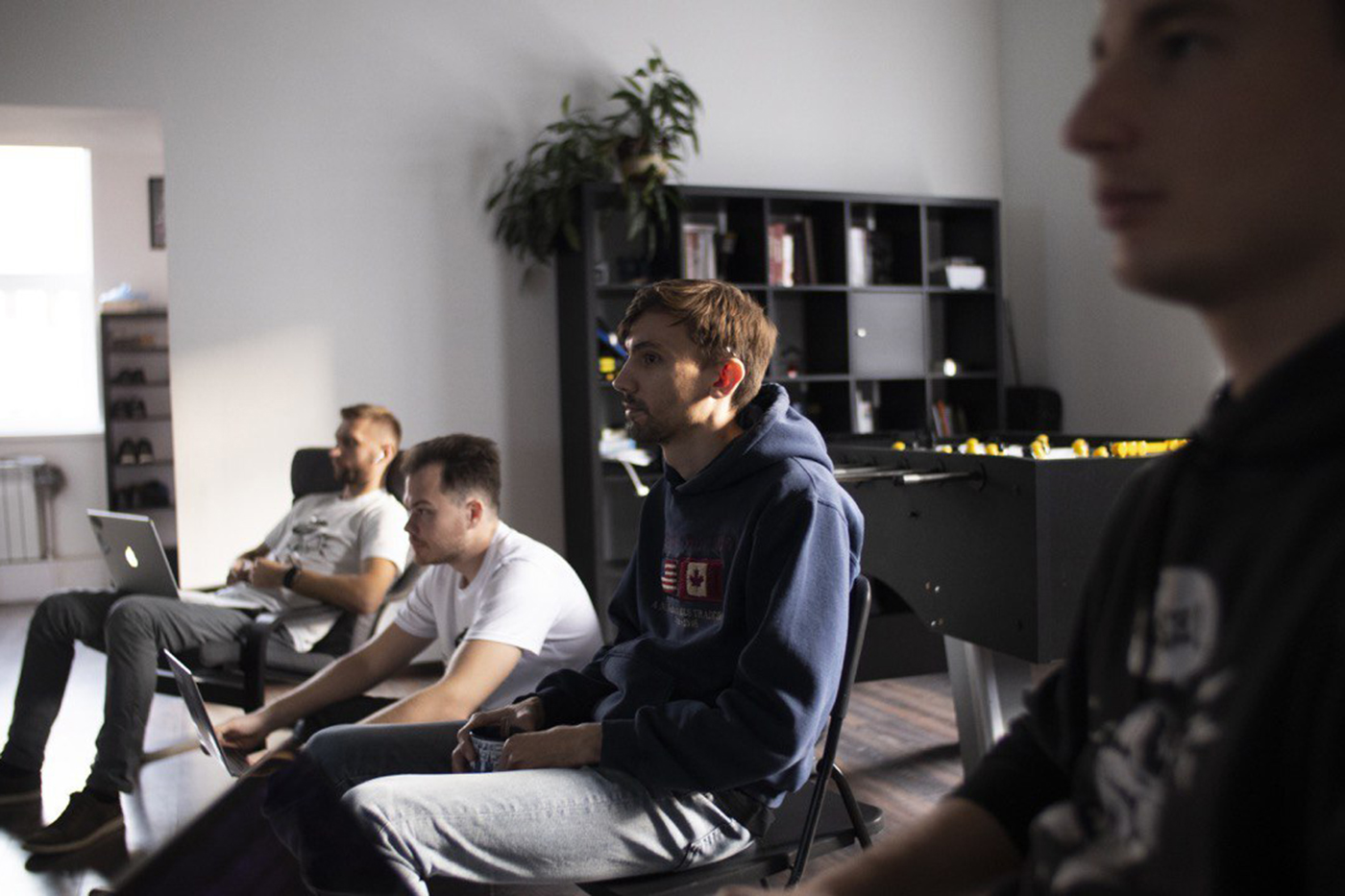
In December 2021, when the buzz in the media about the military escalation on Russia-Ukraine and Belarus-Ukraine borders became louder, Kaminski and her co-founders started to put a plan in place in case something happened.
Their concerns included internet access, proactive communication with clients, creating cash reserves to be able to pay salaries if the international banking system SWIFT got shut down in Russia, and so on.
But the morning of Feb. 24 changed everything, she says.
“Never in the wildest dreams did we expect that they are going to start bombarding cities and Kyiv,” Kaminski says.
Her business partners and their families got on the plane and left Russia three days later. They announced to JetRockets’ employees that they will help anyone who wanted to join them to move out of Russia, Kaminski says.
“We’ve never had a Russian client in the history of the company, but we did pay salaries in Russia, which means a portion of those salaries went into taxes and then contributed to the economy,” Kaminski says. “And for me, it was very important not to do that. Even though it is a tiny percentage of the entire war chest, I didn’t want to be part of it.”
Eventually, the three co-founders made the decision to relocate the entire business from Russia for good.
“I love you all, but if you are not coming with us we will have to part ways,” Kaminki remembers saying to JetRockets’ employees.
About one third of them decided to remain in Russia.
“The overwhelming majority definitely did not support the war,” Kaminski says. “However, there were several people that I was very surprised by and taken aback by their reaction.”
The company made sure not to leave anybody stranded, she says, and gave those employees time to look for new jobs.
Shulova says the decision to leave Russia was the most selfish thing she had ever done, but after thinking it over she realized she needed to relocate with the company.
Two days before her flight, Russian Visa and Mastercard bank cards started to be canceled. Shulova struggled to collect $1,000 in cash from different ATMs to take it to Georgia.
From Tbilisi, Shulova moved to Batumi where JetRockets opened a new office. April and March were the hardest months for her, she says.
“The shock of the war, the first big trip, finding accommodations,” she says, sharing that it took her a month to find a permanent apartment due to a shortage on the housing market.
Georgians were very welcoming in general, Shulova says. She hasn’t experienced much negativity. Some Georgian banks refused to open accounts for Russians.
“Mentally, it is still difficult to accept the situation. I work with a psychologist,” she says. “There are a lot of people from Ukraine, and I communicate with them. It’s also been difficult.”
Many of JetRockets’ employees have stories to tell about their journeys to escape Russia. One person brought scuba gear with him and, when asked at the Russian border control where he was going, said that he was traveling to Turkey and Egypt to dive.
Another man got stuck in Russia because of his passport and military service documents until Russia announced the partial military draft in September. He then traveled to the Georgian border by land, paying a lot of money for car rides to get closer to the crossing point as hundreds of vehicles with Russian citizens queued up to leave Russia. For the last five miles, he and his wife had to walk in the middle of the night, rolling their suitcase up the hill in the mountains to cross into Georgia.
After losing many employees, JetRockets was forced to start hiring more people. Thankfully, they didn’t lose any clients, Kaminski says.
“We have many clients who were extremely patient with us, especially during the time when people were moving or looking for places to leave,” she says. “We actually had clients who wanted to buy tickets for people, and they got really involved, really worried for their teams.”
JetRockets invested about $200,000 to pay for travel, housing and setting up the new legal entity in Georgia. They also had to increase employees’ salaries due to the higher cost of living in the new country.
“The way I see it, it is an investment into the company,” Kaminski says. “We became much stronger as an organization.”
She visited Georgia for two weeks in August to spend some time with her team. JetRockets could have disappeared, she says, but instead they took a stand, while other companies in their industry that have a similar business model continue working in Russia.
Kaminski does not believe that her business will ever go back to Russia.
“We need to see not just the whole new government, but actually change in people’s heads and minds,” she says.
She would consider working with people who live in Russia if she was contributing toward the improvement of their society, Kaminski says.
“I am optimistic but not about that,” she says. “I don’t see how Russia will start taking a turn for the better in the foreseeable future.”
For media inquiries, please contact media@northeastern.edu.






